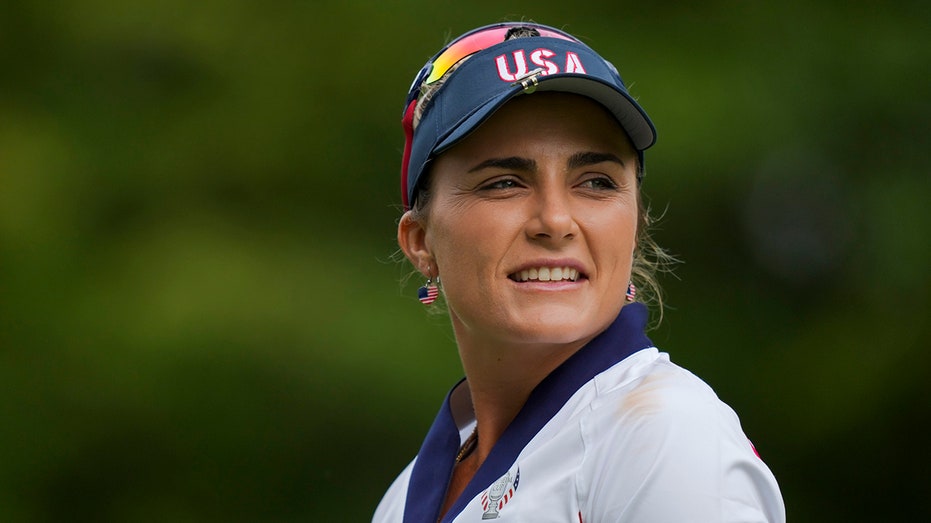Number of North Korean soldiers sent to war is equal to Russia's weekly casualty rate – ISW
North Korean troops are unlikely to be able to offer Russia a long-term solution to its manpower problems in the war against Ukraine. Source: Institute for the Study of War (ISW) Details: US Secretary of Defense Lloyd Austin said that Russian troops were suffering more than 1,200 casualties per day (or about 36,000 per month).

North Korean troops are unlikely to be able to offer Russia a long-term solution to its manpower problems in the war against Ukraine.
Source: Institute for the Study of War (ISW)
Details: US Secretary of Defense Lloyd Austin said that Russian troops were suffering more than 1,200 casualties per day (or about 36,000 per month). According to the latest US estimates, Russian recruitment is between 25,000 and 30,000 new soldiers per month. This means that Russia cannot replace its current losses on the front line in a 1:1 ratio.
Quote: "The 8,000 North Korean soldiers reportedly preparing to enter combat in Kursk Oblast thus represent about one week's worth of casualties across the entire front line. North Korea has committed an estimated total of 12,000 troops to Russia."
More details: The ISW stressed that it remained unclear how Russia would use North Korean manpower, but that the involvement of North Korean troops in Russia's high attrition offensive operations would likely result in high North Korean casualties.
The ISW recently assessed that North Korea likely chose to fight on Russia's side to gain valuable combat experience in modern warfare. However, the ISW noted that how Russian commanders use North Korean forces in combat will affect their ability to meaningfully absorb and disseminate this experience. If North Korean troops suffer the same losses as Russian troops, the lessons Pyongyang hopes to learn on the battlefield will be undermined, and Kim Jong Un is unlikely to force his troops to suffer such battlefield losses for long.
To quote the ISW’s Key Takeaways on 1 November:
- Patriarch Kirill, head of the Kremlin-controlled Russian Orthodox Church Moscow Patriarchate (ROC MP), highlighted ongoing social and ideological divides within Russian society while reiterating boilerplate justifications for the war in Ukraine during a speech on 31 October.
- Kirill also highlighted the growing trend of brutality and cruelty in the Russian military and attempted to excuse this trend as the emergence of a "neo-pagan" cult.
- Russian authorities also continue to identify conflict between ethnic Russians and minority groups as a critical issue.
- Russian Foreign Minister Sergei Lavrov met with his North Korean counterpart Choe Son Hui in Moscow on 1 November, securing strong affirmations of North Korea's support for Russia amid updated Western reports on the number of North Korean troops deployed to Russia.
- North Korean troops are unlikely to present Russia with a long-term solution to its manpower concerns, despite Choe's comments about Pyongyang's indefinite commitment to Russia's war effort.
- The US Department of Defense (DoD) announced a new tranche of military assistance valued at US$425 million to Ukraine on 1 November.
- Russian federal censor Roskomnadzor failed to enforce its plan to deanonymise Russian social media accounts by its stated 1 November deadline.
- Ukrainian forces recently advanced north of Sudzha.
- Both Ukrainian and Russian forces recently advanced within central Vovchansk. Russian forces recently advanced northeast of Kupiansk and northwest of Kreminna.
- The Russian Ministry of Defence (MoD) introduced a new system on 1 November allowing Russian veterans and their families to confirm their veteran statuses digitally.
Support UP or become our patron!



